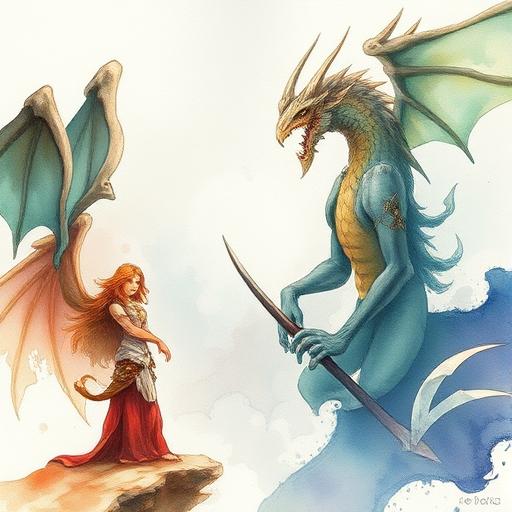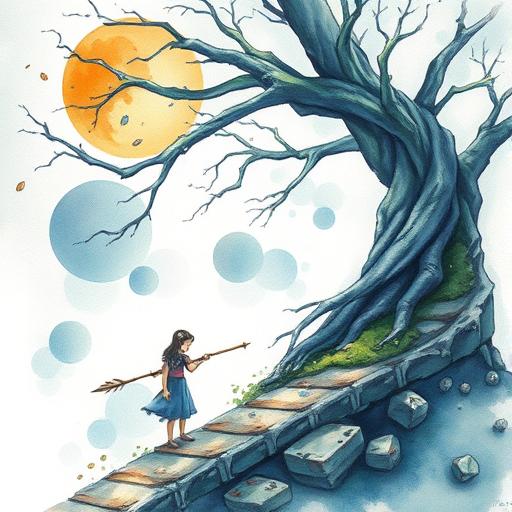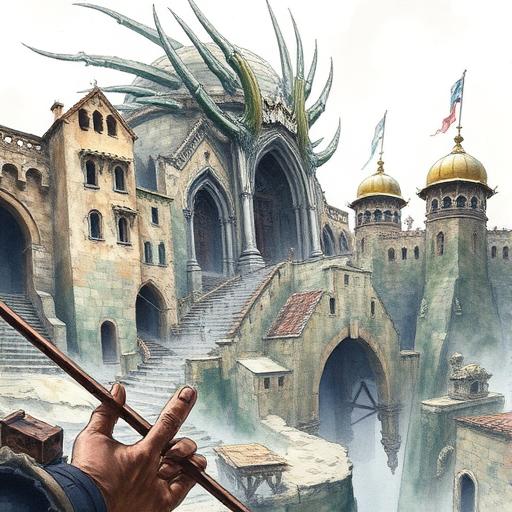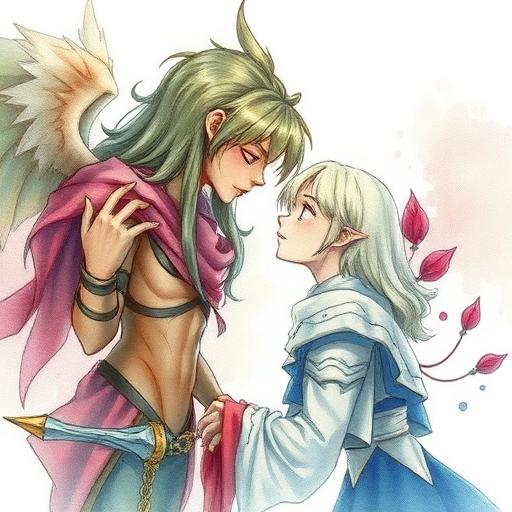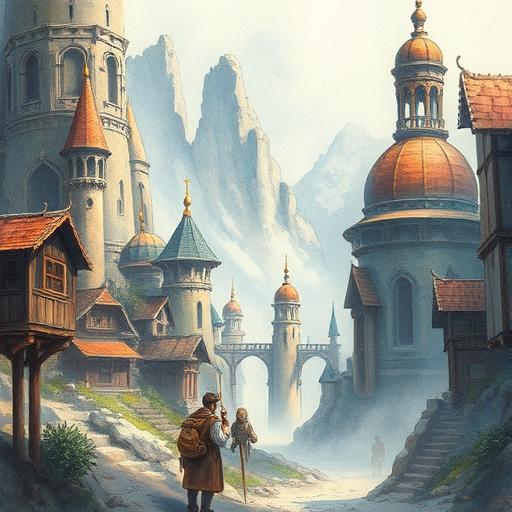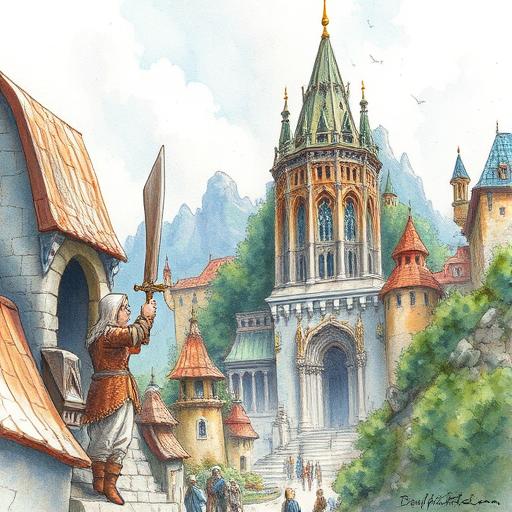Exploring the Intersection of Mythology and Folklore in Modern Fiction
This article delves into the fascinating world of mythology and folklore, exploring how these timeless elements can be woven into modern fiction to create rich, immersive, and captivating stories. From the works of Neil Gaiman to Rick Riordan, we'll examine the techniques and strategies used by masterful writers to breathe new life into ancient myths and legends.
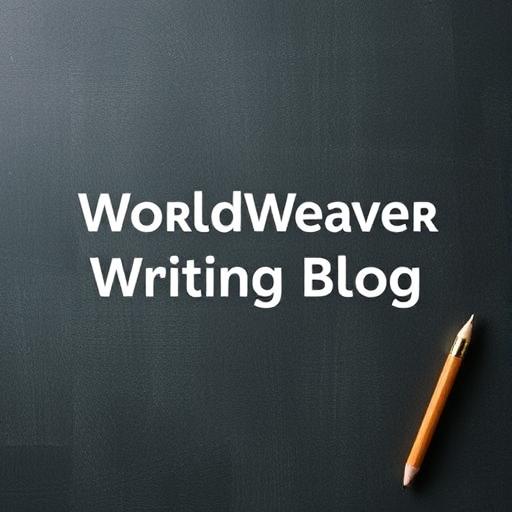
Introduction to Mythology and Folklore in Modern Fiction
Mythology and folklore have been a staple of human culture for centuries, providing a window into the beliefs, values, and traditions of ancient civilizations. In modern fiction, these elements can add depth, complexity, and authenticity to a story, allowing authors to tap into the collective unconscious and create worlds that feel both familiar and fresh.
The Power of Mythological Influences
Mythology and folklore can influence modern fiction in a variety of ways, including:
- Shaping the world's history and backstory
- Informing the cultural and social norms of a society
- Inspiring magical systems and supernatural creatures
- Providing a rich source of symbolism and metaphor
For example, J.R.R. Tolkien's Middle-earth is deeply rooted in Norse and Celtic mythology, with the Elves, Dwarves, and Orcs drawing inspiration from ancient mythological beings. To learn more about developing coherent mythologies and legendary backstories, check out our article on developing coherent mythologies and legendary backstories for rich worlds.
Weaving Folklore into Modern Narratives
Folklore, on the other hand, provides a more intimate and personal connection to the culture and traditions of a society. Authors can draw upon folkloric elements to create:
- Unique magical systems and supernatural creatures
- Rich cultural and social norms
- Authentic and immersive world-building
- Compelling characters and character arcs
For instance, Neil Gaiman's American Gods is a masterful blend of mythology and folklore, drawing upon a wide range of cultural and historical sources to create a rich and immersive world. To explore more about the intersection of mythology and world-building techniques, check out our article on exploring the intersection of mythology and world-building techniques.
Blending Historical and Mythological Elements
When combining historical and mythological elements, authors can create unique and captivating narratives that blend the best of both worlds. This can be seen in the works of authors like:
- Rick Riordan, who blends Greek mythology with modern-day adventures
- Patrick Rothfuss, who draws upon medieval European folklore to create a rich and immersive world
- N.K. Jemisin, who combines African and Asian mythological elements with science fiction and fantasy
To learn more about blending historical and mythological elements, check out our article on blending historical and mythological elements to create unique fantasy worlds.
The Intersection of Technology and Magic
In modern fantasy fiction, the intersection of technology and magic can create a fascinating and complex world. Authors can draw upon mythological and folkloric elements to inform their magical systems and supernatural creatures, while also exploring the implications of technology on these elements. For more on this topic, check out our article on exploring the intersection of technology and magic in modern fantasy fiction.
Creating Unique Narrative Voices
When blending historical, mythological, and speculative elements, authors can create unique and captivating narrative voices that reflect the diversity and complexity of the world they're creating. To learn more about blending historical and speculative elements for unique narrative voices, check out our article on blending historical and speculative elements for unique narrative voices.
Conclusion
In conclusion, the intersection of mythology and folklore in modern fiction is a rich and fascinating topic, offering authors a wealth of opportunities to create unique and captivating stories. By drawing upon mythological and folkloric elements, authors can add depth, complexity, and authenticity to their worlds, while also exploring the implications of technology, history, and culture on these elements. Whether you're a seasoned author or just starting out, we hope this article has provided you with valuable insights and inspiration to help you weave mythology and folklore into your own stories.
Comments
Comments are hidden to save bandwidth. Load them when you want to read or leave one.

